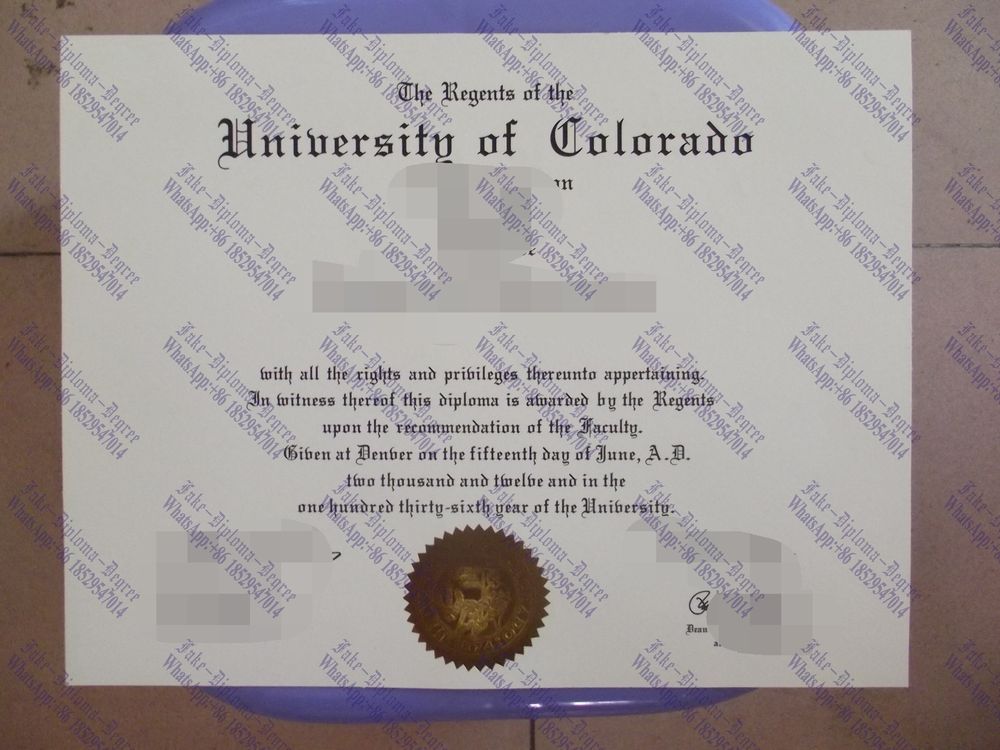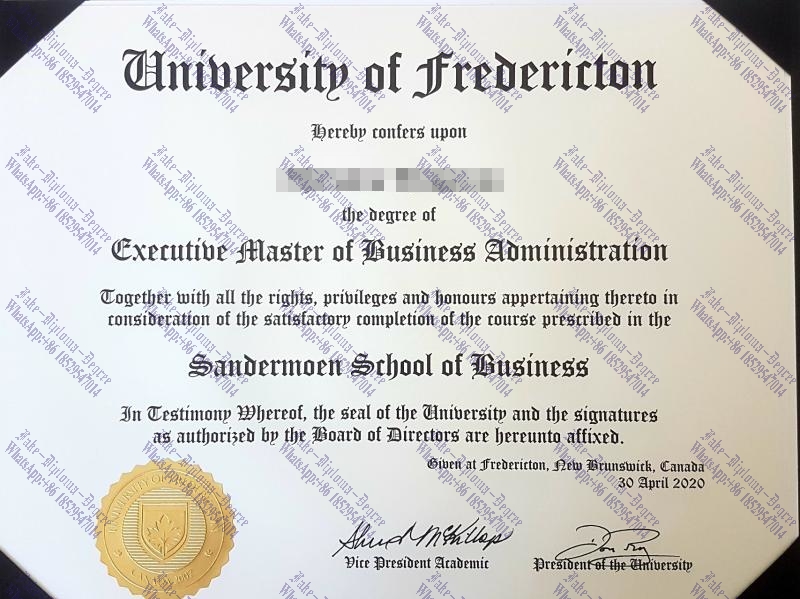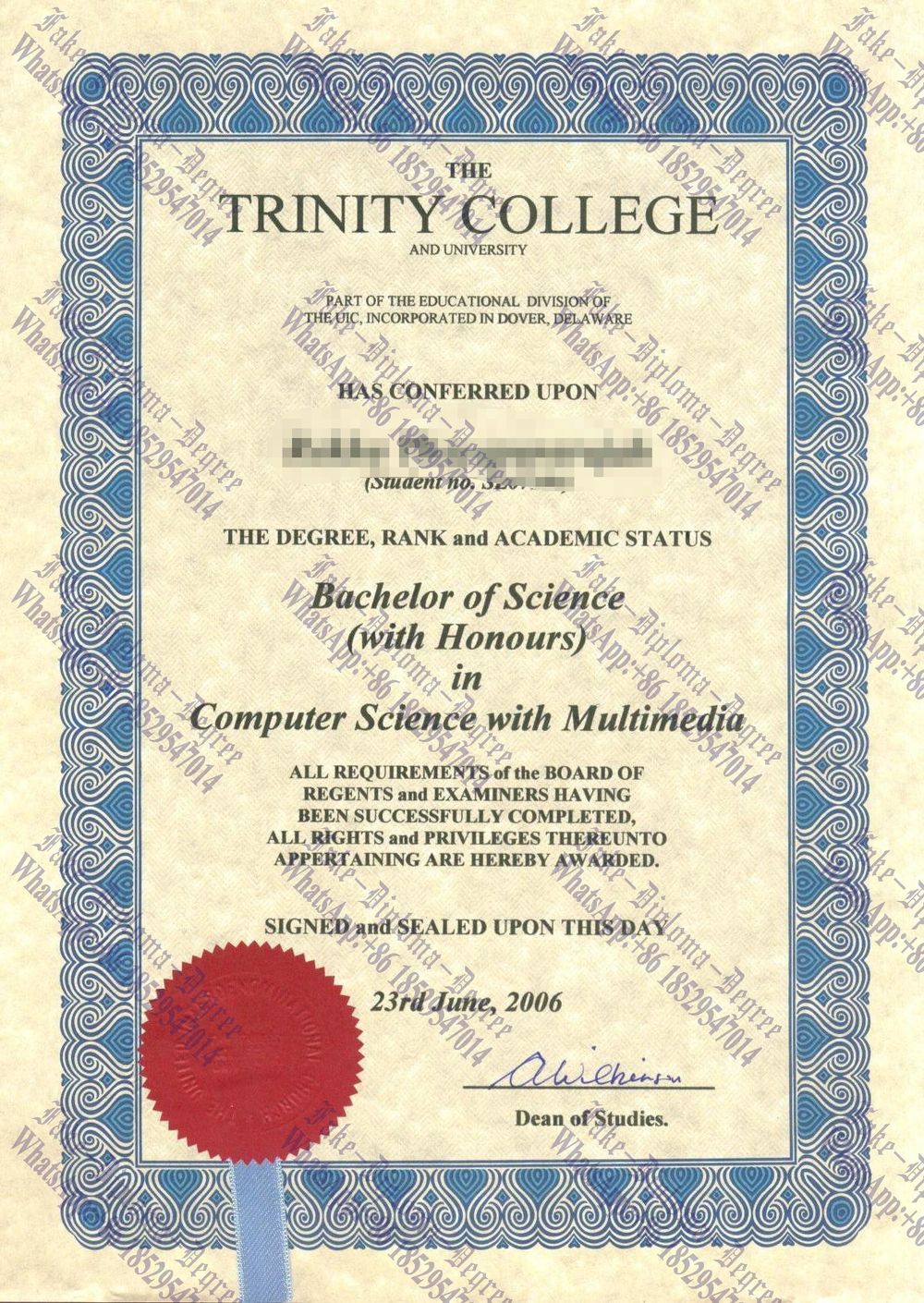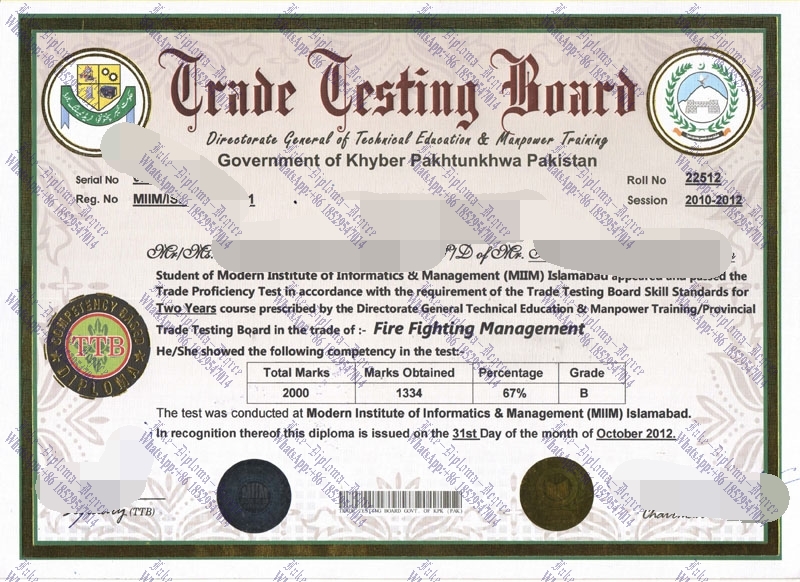Fake Khyber Pakhtunkhwa Trade Testing Board Degree
Writer:admin Data:2023-11-02 01:01:57 click
Fake Khyber Pakhtunkhwa Trade Testing Board Degree
In today's competitive job market, having a valid and recognized educational degree is essential to secure meaningful employment. However, some individuals resort to acquiring fake degrees in order to deceive employers and gain an unfair advantage. One such example is the Fake Khyber Pakhtunkhwa Trade Testing Board Degree.
1. The Rising Demand for Fake Degrees: A Dark Trend
H1: The Rising Demand for Fake Degrees
H2: An Unfortunate Phenomenon
H3: The Dark Side of Job Hunting
In recent years, the demand for fake degrees has been on the rise, posing a serious problem for both employers and job seekers. The Fake Khyber Pakhtunkhwa Trade Testing Board Degree is one of the most sought-after fake credentials in the market. Individuals who possess this counterfeit document aim to fool potential employers into believing they possess qualifications they do not truly have.
2. The Consequences of Fake Degrees
H1: The Consequences of Fake Degrees
H2: Deception in the Workplace
H3: The Legal Ramifications
Employers unknowingly hiring individuals with a Fake Khyber Pakhtunkhwa Trade Testing Board Degree face several detrimental consequences. Firstly, such hires can result in financial losses for the company as incompetent employees fail to perform their job duties effectively. Additionally, the reputational damage caused by employing individuals with fraudulent credentials can harm the organization's standing in the industry. Moreover, there are legal implications associated with hiring individuals based on fake degrees. Employers could be held liable for negligence in their hiring processes if it is discovered that they did not properly verify an applicant's qualifications.
3. Detecting and Combating Fake Degrees
H1: Detecting and Combating Fake Degrees
H2: Rigorous Verification Procedures
H3: Collaboration Amongst Institutions
To address the issue of fake degrees, it is crucial for employers to implement strict verification procedures. Background checks, contacting educational institutions directly, and verifying qualifications with relevant authorities are some effective methods to detect counterfeit credentials. Furthermore, collaboration among educational institutions, employers, and government agencies is essential in sharing information and ensuring the authenticity of degrees.
4. The Importance of Authentic Education
H1: The Importance of Authentic Education
H2: Investing in Real Qualifications
H3: Upholding Ethical Standards
Individuals seeking employment should recognize the significance of authentic education and the long-term benefits it brings. Instead of resorting to obtaining fake degrees, individuals should focus on acquiring genuine qualifications that reflect their knowledge and skills accurately. Employers value honesty and integrity, and obtaining a Fake Khyber Pakhtunkhwa Trade Testing Board Degree undermines these crucial qualities.
Common Questions and Answers:
Q1: Can employers easily spot a Fake Khyber Pakhtunkhwa Trade Testing Board Degree?
A1: Employers can detect fake degrees through comprehensive background checks and verification procedures.
Q2: What are the legal consequences of using a counterfeit degree?
A2: Individuals found using fake degrees can face legal repercussions, and employers may also face legal consequences if they fail to properly verify credentials.
Q3: How can collaboration help combat the issue of fake degrees?
A3: Collaboration among educational institutions, employers, and government agencies allows for information sharing and more effective verification processes.
Q4: Why is authentic education important?
A4: Authentic education promotes honesty, integrity, and genuine qualifications, which are highly valued by employers and contribute to a fair job market.
/Keywords: fake degrees, counterfeit credentials, employment market, detection, consequences, education ethics, verification procedures, collaboration/











